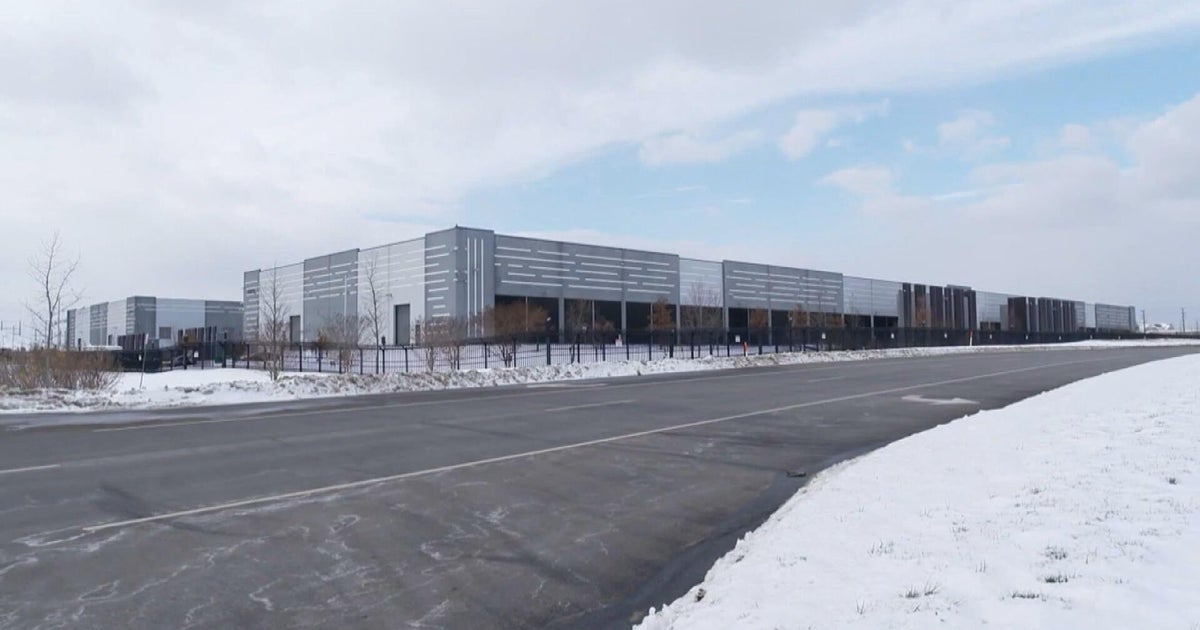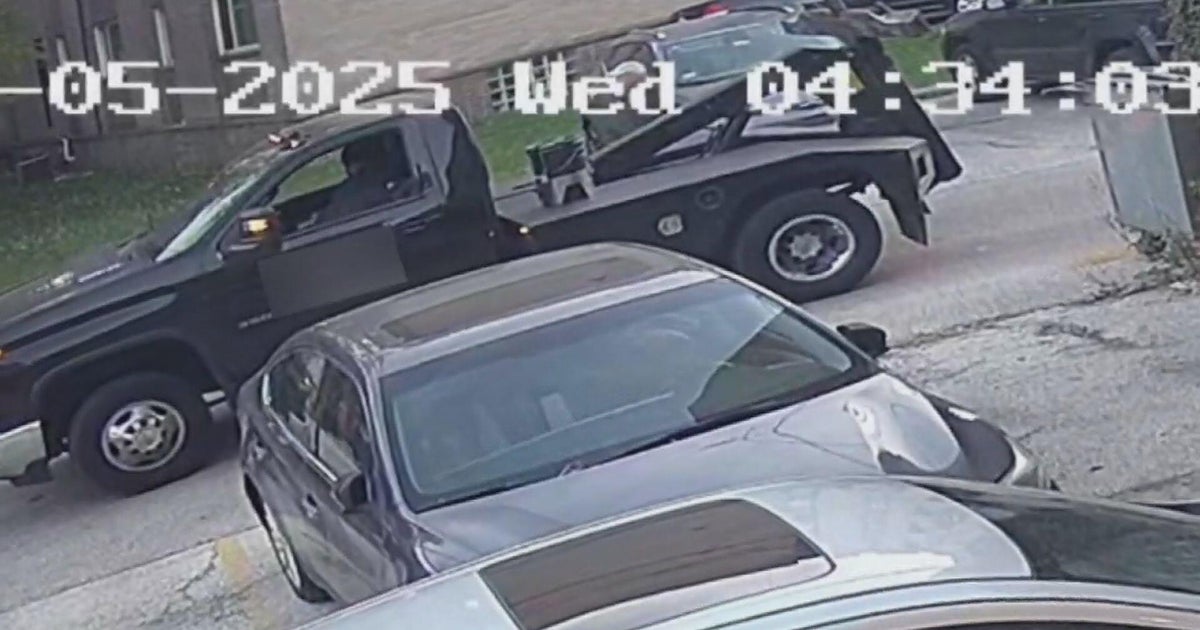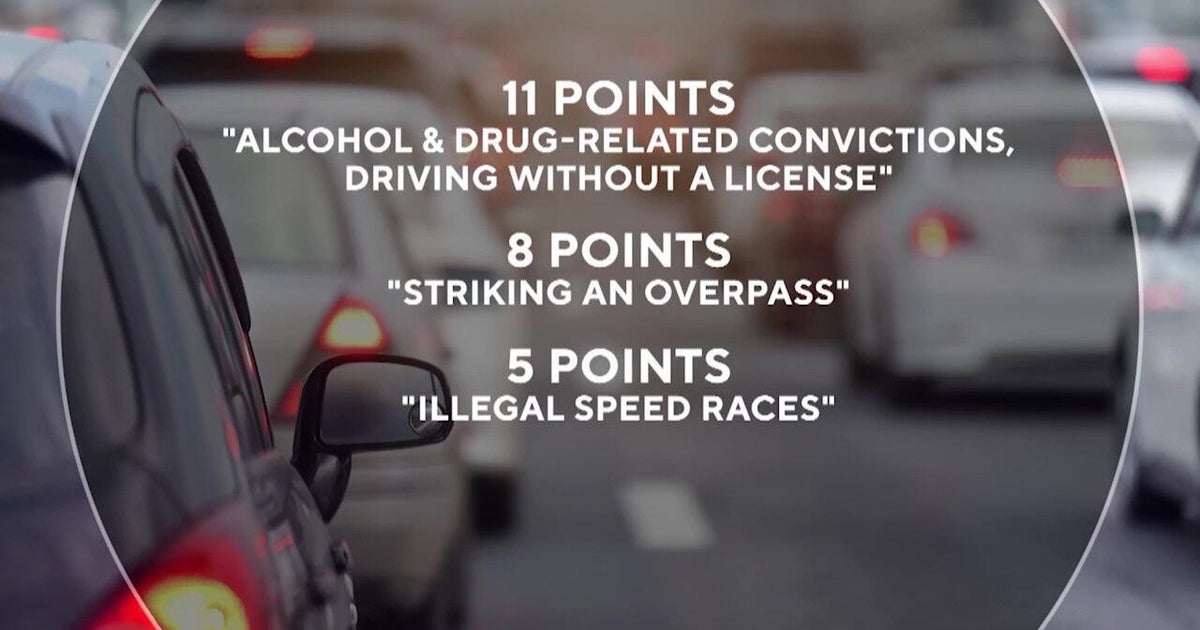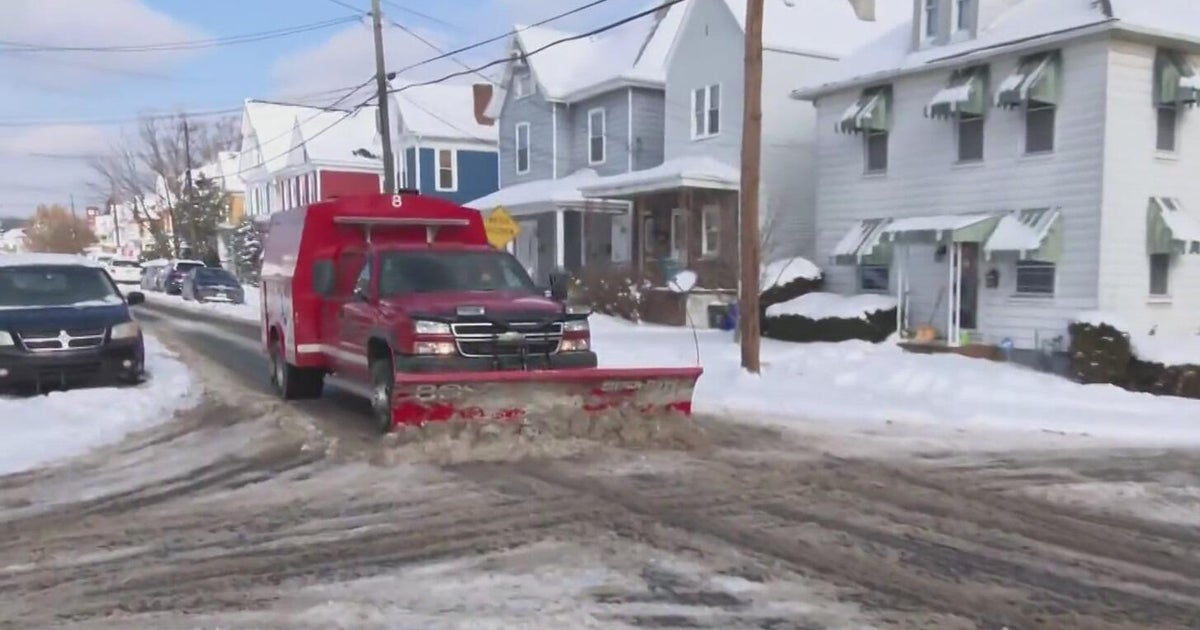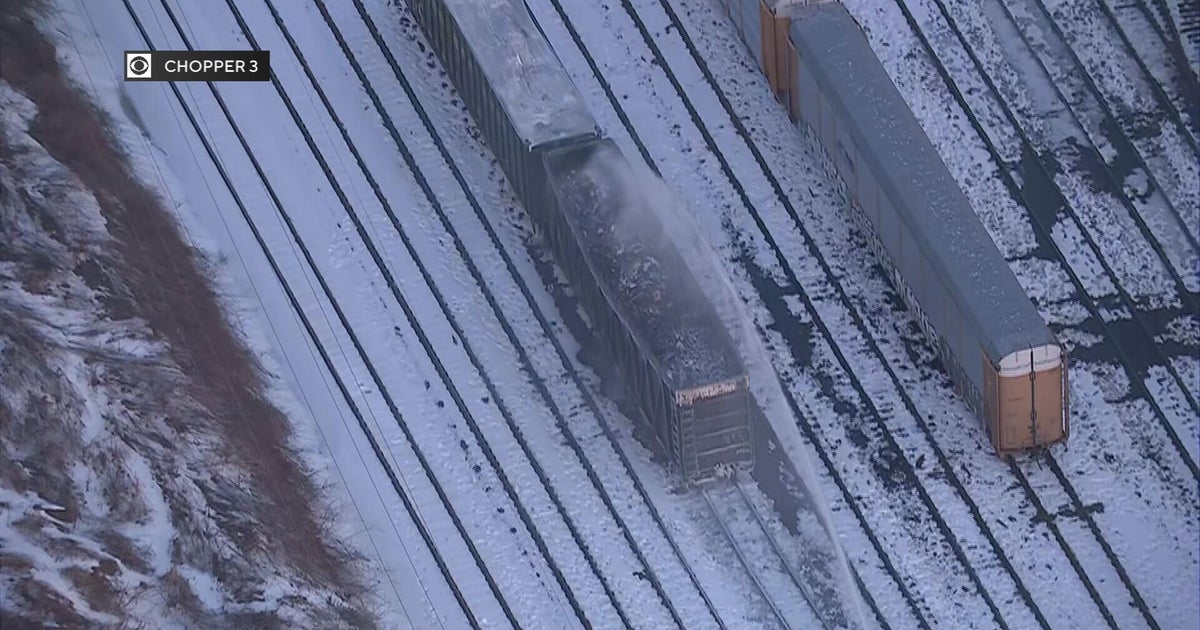Curious About Trucks' Black Smoke And Pollution
 Getty Images
Getty Images
We have to get our cars inspected every year, but what about trucks?
Kate from Concord declared her curiosity to WBZ:
"I can't tell you how many times I witness a truck spewing black smoke."
Edwin from Hingham asks:
"Do trucks have to meet some minimum standard of pollution emissions?"
Well, we found out that they do, and it just got tougher.
You've probably seen it.
Big diesel fueled trucks blasting black and sooty smoke.
"I see pollution. Why don't they do something about it?" asks one car driver who's tired of it.
HEALTH HAZARD
The pollution problem with diesel trucks is what comes out of the exhaust stack - tiny particles that we then breathe in, and over time, that can be dangerous for our health.
In fact, those particles contribute to heart disease and respiratory problems like asthma.
"We don't want to breathe it," says Jim Coleman, the Assistant Commissioner of the state's Department of Environmental Protection.
Talking about polluting trucks Coleman says, "They shouldn't get away with it."
TOUGHER INSPECTIONS
To make sure they don't, DEP just started a tougher truck inspection program.
Inspections are now yearly instead of every 2 years.
Massachusetts is only the second Northeast state to require annual tests. New Jersey is the other.
THE INSPECTION
We watched as a technician at Taylor and Lloyd in Bedford inspected a truck.
He started by making a visual check of the exhaust system, looking for leaks.
He then fired up both the engine and the computer.
After placing a probe into the truck's exhaust pipe, the computer measured what's coming out.
The number of these truck inspection stations has gone up from 300 to nearly 500.
The testing equipment is more advanced than the old, and the emissions standards are higher.
"We've made it more stringent by about 20 to 50 percent," says Coleman.
There's also a new, anti-fraud feature.
The computer alerts DEP if the technician doesn't actually place the test equipment in the exhaust pipe.
So what happens if the truck fails?
Same thing as when a car fails.
"They get a rejection sticker, and then they have 60 days to get it repaired and come back for a retest," says Coleman.
In the one month the program has been in place more trucks than usual have failed, meaning they'll have to tune up to burn cleaner, and we'll all breathe easier.
The new program went into effect on October 1st, and effects about 100,000 trucks registered in Massachusetts.
Is there something you are curious about?
Declare Your Curiosity on wbztv.com
© MMX, CBS Broadcasting Inc. All Rights Reserved.
